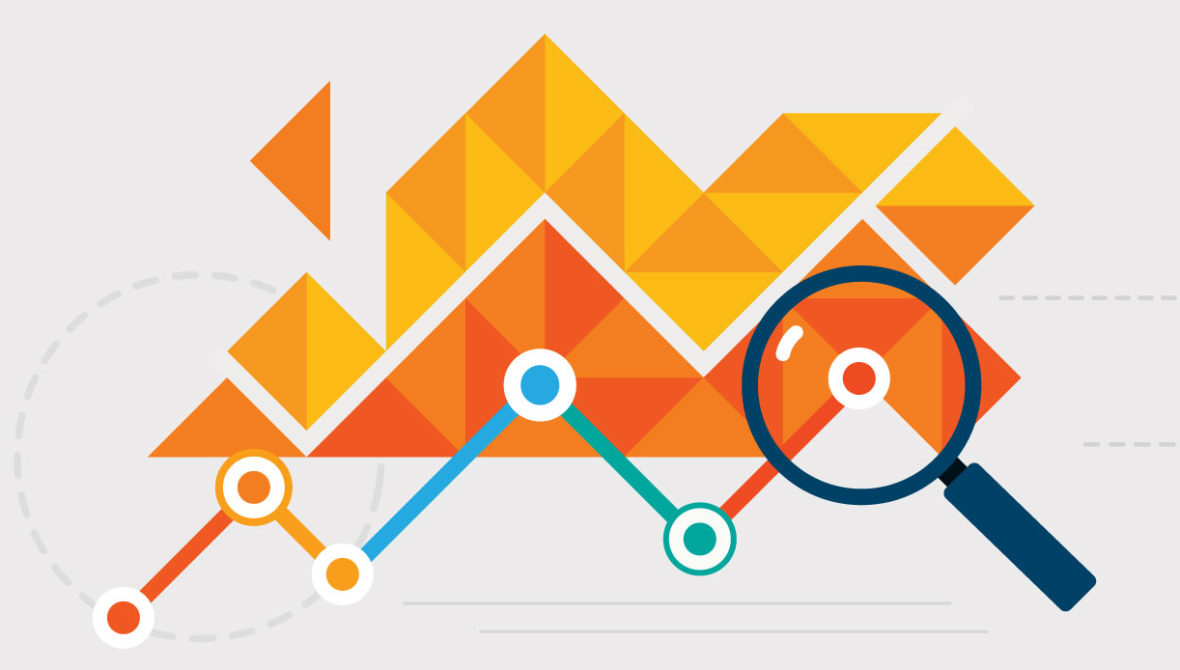Data and the Sector: Using Data to Drive Effective Philanthropy


When we talk about the role of data in philanthropy, the first thing that comes to mind for many people is evaluation. The sector has become very focused on measuring outcomes and impact — and that is a good thing. However, that’s only one of the ways in which data play an important role in the sector. Over the next three months, the Johnson Center and our partners will be exploring the many roles that data plays in our work, whether you represent a foundation, a nonprofit, an individual donor, or a social enterprise.
Data about our sector are important for a variety of purposes. Data on topics such as who gives and why, how many foundations there are and the issues they fund, how many nonprofits there are and the focus of their work, and what new ways of giving are emerging, all help to inform tax and public policy and to identify needs and opportunities to promote private giving for the public good. Analysis of itemized deductions for charitable contributions on U.S. tax returns, for example, is used to estimate the amount of funding that individuals provide to support philanthropic work. In addition to informing tax policy, this data helps nonprofit fundraisers target their fundraising efforts and plan their futures. Changes over time in the amount of individual giving can be an indicator of underlying confidence in the economy and in the sector.
“Even more than evaluation per se, thinking evaluatively is a key leadership skill in the philanthropic sector.”
We are also seeing an increased focus on opportunities to use “big data” to inform the work of the philanthropic sector. The MasterCard Center for Inclusive Growth, for example, is supporting projects aimed at broadening access to data, analyzing large databases to understand issues as diverse as the economic life and purchasing power of low-income communities, and understanding the economic impact of political violence. As the philanthropic sector’s focus on equity has increased in recent years, data about historical patterns of housing policy and how these policies have impacted family wealth has deepened our understanding of what structural racism looks like and what its long-term effects are.
Data can inform action at a variety of levels. One example: data on the prevalence and nature of racial disparities in health and education outcomes has been a driver of public and private efforts to reduce those disparities, with many funders committing significant resources to these issues. Data on racial disparities in our justice system are driving work on disrupting the “preschool to prison” pipeline and sparking a re-thinking of how prisons are administered and the consequences of the strict sentencing laws enacted in the 1980s and ‘90s. Data on voting patterns has brought the neglect of rural areas into focus.
At an organizational level, funder and donor giving and nonprofit programming is — or should be — driven by data that helps to identify both assets and challenges in any given community. Understanding when and where juvenile crime happens can help afterschool programs target their programming more effectively. Knowing where there are pockets of children who speak English as a second language can help focus literacy resources.
And yes, data from program evaluations contributes to improving programs and increasing impact. Being able to identify what interventions work well, and for whom, helps us to put resources behind effective practice.
Even more than evaluation per se, thinking evaluatively is a key leadership skill in the philanthropic sector. Evaluative thinking means integrating systematic questioning and the use of data to answer those questions and inform action into all aspects of a nonprofit or foundation’s work. Data on how long it takes a foundation to respond to a funding request, for example, can help shed light on how well it responds to community needs.
“Data only becomes useful when it is interpreted in context, and it is perfectly predictable that different stakeholders may attach different meaning to the same numbers.”
Data only becomes useful when it is interpreted in context, and it is perfectly predictable that different stakeholders may attach different meanings to the same numbers. A leader who thinks evaluatively can help create a culture in which decisions are informed by data as well as by “heart.” And when leaders and organizations across philanthropy commit to holding data-driven decision-making as a value in itself, then we can expect to see a charitable sector that responds more efficiently, targets specific change factors, and ultimately moves the needle on some of society’s most intractable challenges.
In order to support a data-informed sector, the Johnson Center and others are working to provide resources and tools that support organizations’ own data capacity building. This expertise exists throughout our philanthropic ecosystem, and we want to make it as accessible and useful as possible.